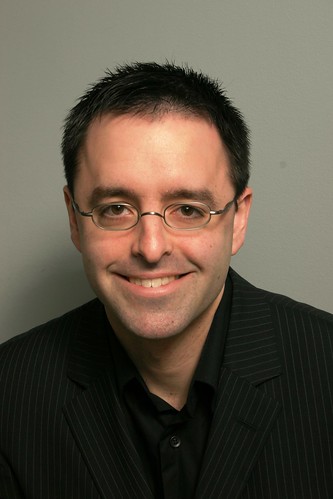gleymt
I was sitting in a beautiful cafe this morning with E across from me. It was Sunday morning, quiet downtown (the city doesn't really get going until 1 pm on a Sunday), and bright sunlight was spilling in through the tall windows and lighting up the yellow walls of the place. We had fresh bagel sandwiches on real plates and foamy mugs of coffee. Outside, the air was fresh, the ocean just down the street a bright blue with the majestic Esja rising up behind it.
We were feeling happy, the happiness of the blessed. I was flipping through the Sunday version of the oldest Icelandic daily, Morgunblaðið, looking at the ads for new couches and cars, the colorful pictures of food, the article on the new central bank president, and the annual ads looking for help with the sheep roundup. I flipped a page and my stomach turned. The picture was a view from directly above of miscellaneous formless shapes in a leaking black trash bag lying on a highway overpass. It took me many seconds of staring to realize that it was a human body. There was a giant spray-painted orange arrow, at least as big as the body, pointing directly at it.
I have been reading as much as I could these past days on the aftermath of Hurricane Katrina, in many flavors of the American media online. I have become obsessed with following the story. But here in an Icelandic paper was the first time I saw a picture that brought the true horror home to me. Right now in the country of my birth, bodies are still lying uncollected in a major city. Each body a life, someone's uncle or grandma, someone who had a house and a kitchen and funny stories they liked to tell. The shame I feel about this happening in a land of which I was once fervently proud makes me sick.
The Katrina story has been big here, front page news on many of the days since the storm. I have fielded questions from a few Icelanders who are incredulous about the shoddy and bungling way the US has looked after its own in the aftermath. To them I can't really respond. There is no way to defend or explain what has happened, especially to citizens of a tidy country where people drive north every fall to help the farmers round up their sheep.
Sure, Iceland is tiny in population (I can already hear my US readers saying), but I'm hard-pressed to think of any community of 300,000 in the US having zero poverty, 100% literacy, and good education and healthcare for all. There's no sizable chunk of the population in Iceland who would be forgotten in a natural disaster, left to rot on the streets for days afterward. One hurricane exposed for Icelanders and the rest of the world an ugly truth that many Americans have long acknowledged: the US is a society that leaves many behind.
We were feeling happy, the happiness of the blessed. I was flipping through the Sunday version of the oldest Icelandic daily, Morgunblaðið, looking at the ads for new couches and cars, the colorful pictures of food, the article on the new central bank president, and the annual ads looking for help with the sheep roundup. I flipped a page and my stomach turned. The picture was a view from directly above of miscellaneous formless shapes in a leaking black trash bag lying on a highway overpass. It took me many seconds of staring to realize that it was a human body. There was a giant spray-painted orange arrow, at least as big as the body, pointing directly at it.
I have been reading as much as I could these past days on the aftermath of Hurricane Katrina, in many flavors of the American media online. I have become obsessed with following the story. But here in an Icelandic paper was the first time I saw a picture that brought the true horror home to me. Right now in the country of my birth, bodies are still lying uncollected in a major city. Each body a life, someone's uncle or grandma, someone who had a house and a kitchen and funny stories they liked to tell. The shame I feel about this happening in a land of which I was once fervently proud makes me sick.
The Katrina story has been big here, front page news on many of the days since the storm. I have fielded questions from a few Icelanders who are incredulous about the shoddy and bungling way the US has looked after its own in the aftermath. To them I can't really respond. There is no way to defend or explain what has happened, especially to citizens of a tidy country where people drive north every fall to help the farmers round up their sheep.
Sure, Iceland is tiny in population (I can already hear my US readers saying), but I'm hard-pressed to think of any community of 300,000 in the US having zero poverty, 100% literacy, and good education and healthcare for all. There's no sizable chunk of the population in Iceland who would be forgotten in a natural disaster, left to rot on the streets for days afterward. One hurricane exposed for Icelanders and the rest of the world an ugly truth that many Americans have long acknowledged: the US is a society that leaves many behind.


0 Comments:
Skrifa ummæli
<< Home